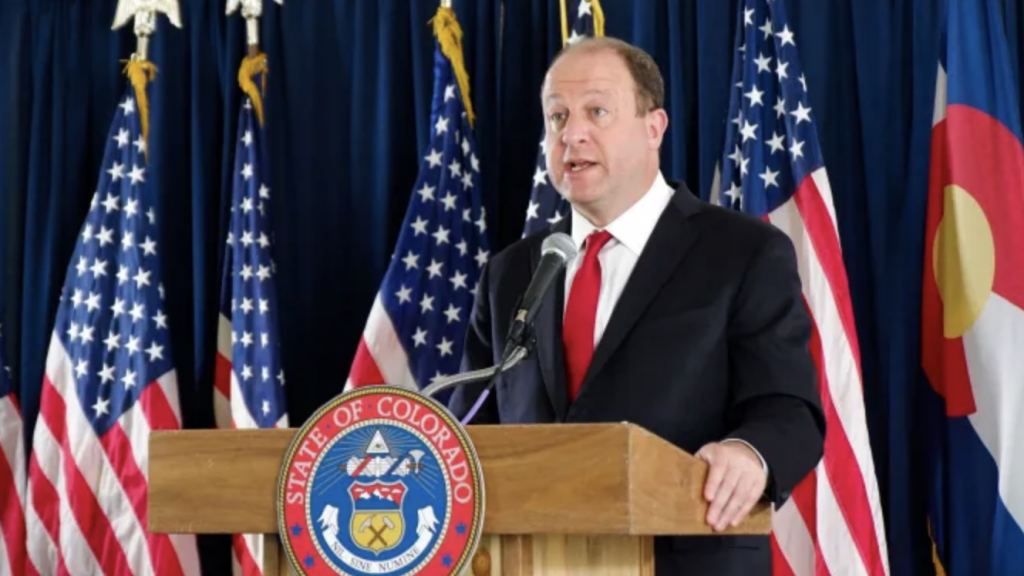Colorado governor Jared Polis signed a bill into law Monday codifying the right to abortion and contraception in the state.
The bill was strongly opposed by the Catholic Church in Colorado, with testimony against it submitted by three bishops during a state Senate committee hearing.
“As the federal legal landscape surrounding reproductive health care evolves, Colorado can now thankfully continue to assure individuals that their intimate right to choose how and whether to proceed with family planning and pregnancy is protected at the state level,” Polis, a Democrat, said in his April 4 signing statement for the Reproductive Health Equity Act.
Shortly after the signing ceremony, Archbishop Samuel Aquila of Denver tweeted, “Jesus forgive us! Tragic day for Colorado with signing of HB22-1279 unrestricted abortion up to birth with zero rights for the unborn. A triumph for the culture of death & further erosion of the dignity of human life. We will continue to pray for the conversion of hearts.”
The law enshrines into statute the exclusion of any rights to unborn children, allowing abortion for any reason— including reasons of disability, sex, and race— up until birth. It affirms the “fundamental right” for a person to “use or refuse contraception;” and that “every pregnant individual has a fundamental right to continue the pregnancy and give birth or to have an abortion.”
The law further stipulates: “[A] fertilized egg, embryo, or fetus does not have independent or derivative rights under the laws of the state.”
Colorado already did little to restrict abortion before the new law was signed. It was the first state to legalize abortion, in 1967, and it is one of a handful of states in the country where abortions can take place up until birth. Each year 200-300 babies are aborted after 21 weeks gestation in the state, including many with Down syndrome.
Colorado voters in 2020 rejected a ballot measure that would have banned abortion after 22 weeks of pregnancy, except in cases where a mother's life is threatened.
The impetus for the new law, according to its Democratic sponsors, is the Supreme Court case Dobbs v. Jackson Women's Health Organization, which observers say has a significant chance of overturning Roe v. Wade when a decision is released later this year.
The Colorado Catholic Conference has warned that the new law could effectively remove Colorado’s requirement, passed in 2003, that parents of minors be notified 48 hours before an abortion procedure.
Brittany Vessely, executive director of the Catholic Conference, expressed hope during her testimony against the bill in the state House that its sponsors would add an amendment clarifying that it was not intended to remove the state’s parental notification requirement, but no such amendment was adopted.
Polis said in his signing statement that “This important bill simply codifies existing protections in statute. The bill does not make any changes to the current legal framework for parental notification that exists in state law … The bill simply maintains this status quo regardless of what happens at the federal level and preserves all existing constitutional rights and obligations.”
The bill was introduced March 3, and was passed along party lines in the House March 14, and in the Senate March 23. It was debated nearly 24 hours before the entirety of the House, and almost 14 hours before its health committee.

